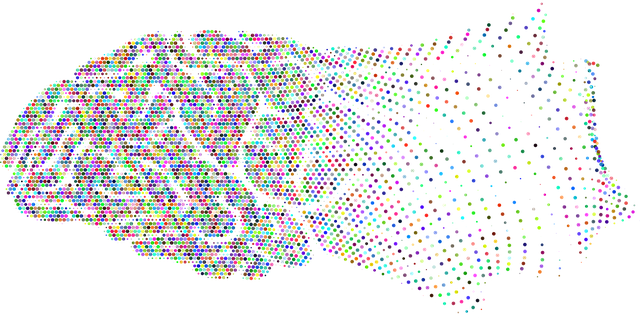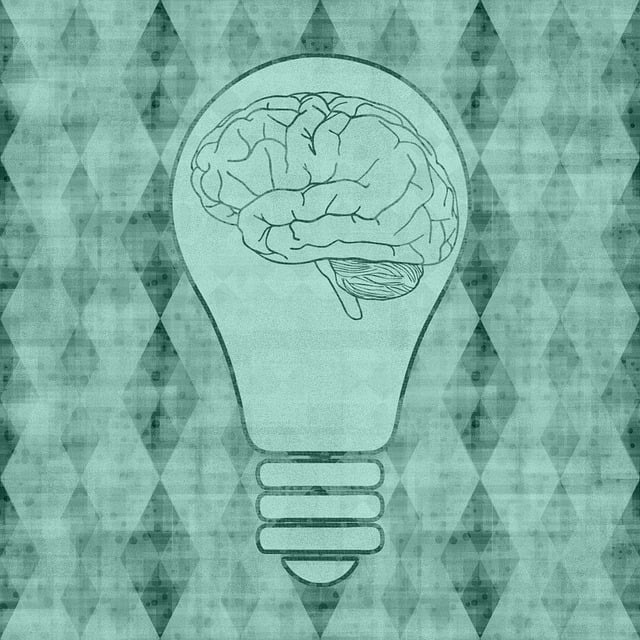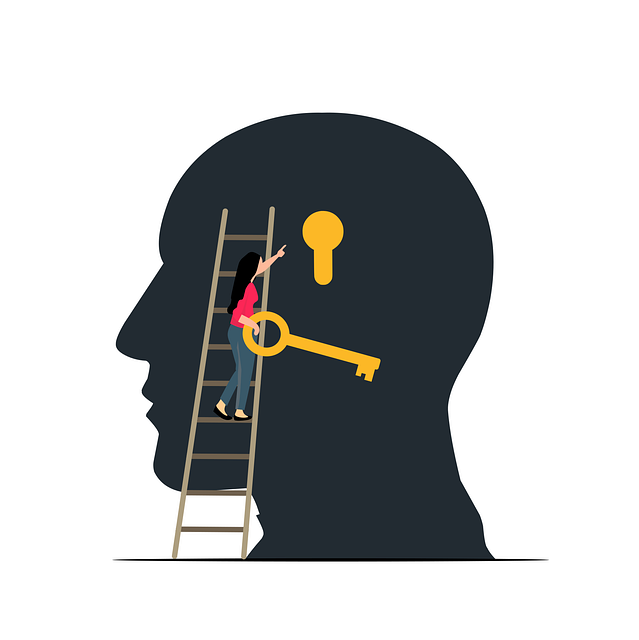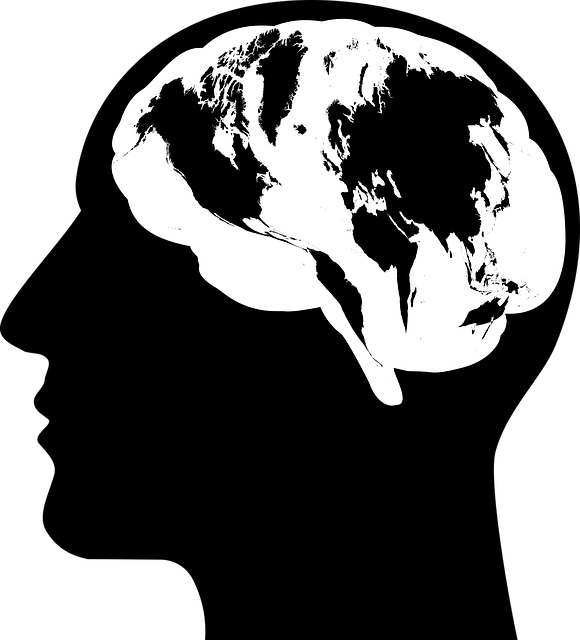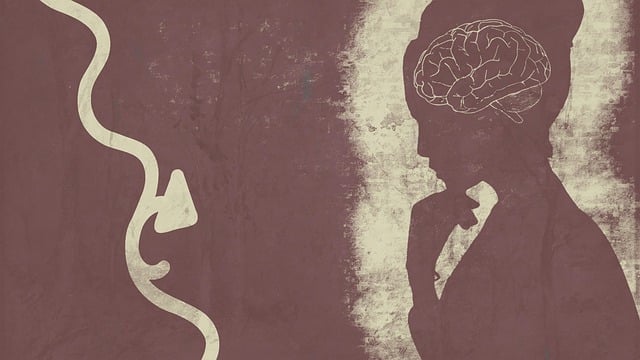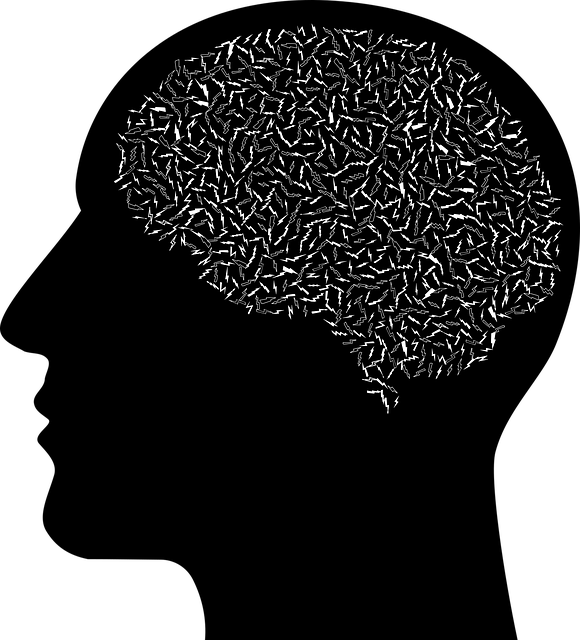Longmont Domestic Violence Therapy prioritizes cultural diversity in mental healthcare, offering tailored services to Spanish-speaking and Native American communities facing barriers due to socioeconomic factors and discrimination. They emphasize cultural competency training for therapists, who integrate traditional healing methods and client-preferred languages while respecting familial structures and unique cultural norms. This culturally responsive approach, evident in their Mental Wellness Podcast Series, enhances accessibility, promotes healing, and builds resilience across diverse backgrounds, ensuring empowering and effective support.
In today’s diverse society, cultural sensitivity is paramount in mental healthcare. This article explores the intricate interplay between cultural diversity and mental health, focusing on barriers faced by diverse communities in accessing services. We delve into ethical considerations during therapy sessions, highlighting strategies for culturally responsive practice, particularly within Longmont Domestic Violence Therapy settings. By emphasizing awareness and understanding, we promote healing and growth for all clients.
- Understanding Cultural Diversity and Its Impact on Mental Health
- Barriers to Accessing Mental Healthcare for Diverse Communities
- Ethical Considerations in Cultural Sensitivity during Therapy Sessions
- Strategies for Culturally Responsive Practice in Longmont Domestic Violence Therapy
- Promoting Healing and Growth through Cultural Awareness
Understanding Cultural Diversity and Its Impact on Mental Health

Cultural diversity is a rich fabric that weaves together various ethnic backgrounds, beliefs, and traditions, each contributing unique perspectives to society. In mental healthcare, recognizing and understanding this diversity is paramount as it directly impacts an individual’s experience of mental wellness. The impact of cultural differences on mental health cannot be overstated; they shape how people perceive and express emotions, seek help, and respond to treatment. For instance, what constitutes stress or anger can vary greatly across cultures, influencing the presentation of mental health issues.
At Longmont Domestic Violence Therapy, we appreciate that a one-size-fits-all approach rarely works when addressing mental wellness. Our healthcare provider cultural competency training equips us with the skills to navigate these differences effectively. By embracing cultural sensitivity, we ensure that our services are accessible and tailored to meet the unique needs of every client, fostering an environment where everyone feels heard, understood, and supported. This commitment extends beyond our doors as we also produce a Mental Wellness Podcast Series dedicated to exploring diverse cultural perspectives on mental health.
Barriers to Accessing Mental Healthcare for Diverse Communities

Many diverse communities face unique barriers when it comes to accessing mental healthcare services. These obstacles can be deeply rooted in cultural, social, and economic factors. For instance, language differences and a lack of culturally competent professionals create significant challenges for non-dominant groups. In Colorado’s Longmont area, for example, the domestic violence therapy landscape might not adequately serve Spanish-speaking or Native American populations due to these disparities.
Furthermore, socioeconomic status, fear of discrimination, and limited awareness of mental health resources can deter individuals from seeking help. Cultural sensitivity in mental healthcare practice is paramount to overcoming these barriers. By integrating Mind Over Matter principles and employing effective communication strategies, therapists can foster trust and create inclusive environments. This approach ensures that everyone, regardless of background, has the opportunity to benefit from essential mental health services.
Ethical Considerations in Cultural Sensitivity during Therapy Sessions

When engaging in Longmont Domestic Violence Therapy or any cultural sensitivity-focused mental healthcare practice, therapists must navigate complex ethical terrain. Respecting and honoring a client’s cultural beliefs and traditions is paramount while ensuring therapy remains effective and safe for all involved. This delicate balance requires therapists to be vigilant about potential biases and unconscious assumptions that could influence their interactions.
Ethical considerations in cultural sensitivity demand therapists adapt their practices to meet the unique needs of diverse populations, encompassing not just long-held cultural norms but also current social contexts. This might involve integrating aspects of traditional healing practices, respecting familial structures different from Western norms, or incorporating specific coping skills tailored to address cultural stressors. For example, a therapist offering Longmont Domestic Violence Therapy might incorporate mental health education programs designed with cultural sensitivity in mind to empower clients with coping skills development that resonate within their communities, fostering both healing and resilience.
Strategies for Culturally Responsive Practice in Longmont Domestic Violence Therapy

In the context of Longmont Domestic Violence Therapy, culturally responsive practice is paramount to ensuring effective support for clients from diverse backgrounds. Therapists can begin by actively listening and validating clients’ experiences, recognizing that cultural perspectives shape how individuals perceive and express emotions, and interpret traumatic events. This empathetic approach fosters trust and encourages open communication. Additionally, integrating client-preferred languages in therapy sessions, whether through translation services or culturally relevant materials, can significantly enhance comfort and accessibility.
The Mental Wellness Podcast Series Production can serve as a valuable tool to further promote cultural sensitivity. By featuring diverse voices and sharing stories that reflect various cultural contexts, these podcasts can increase mental health awareness and offer practical strategies for navigating challenges specific to different communities. Moreover, Depression Prevention initiatives within Longmont Domestic Violence Therapy should be tailored to respect cultural beliefs around mental illness, ensuring interventions are not only effective but also respectful of individual and communal values, thereby enhancing the overall efficacy of treatment.
Promoting Healing and Growth through Cultural Awareness

In a diverse society like Longmont, where individuals from various cultural backgrounds coexist, it’s paramount for mental healthcare professionals to cultivate cultural awareness. This sensitivity goes beyond basic courtesy; it’s a cornerstone of effective therapy and treatment. When therapists understand their clients’ cultural contexts—including traditions, beliefs, and values—they can tailor interventions that resonate deeply, promoting not just healing but also growth. For instance, incorporating cultural elements into therapeutic practices has been shown to enhance engagement in treatment, improve outcomes, and foster stronger therapeutic alliances.
At organizations like the Longmont Domestic Violence Therapy, this approach is pivotal in addressing issues such as stress management and emotional healing processes. Cultural awareness enables therapists to guide clients through self-esteem improvement journeys that are meaningful and relevant to their lives. By acknowledging and incorporating cultural differences into therapy sessions, mental health professionals create a safe space where individuals feel understood and empowered to work towards personal growth and well-being.
In conclusion, cultural sensitivity is a cornerstone of effective mental healthcare, especially in diverse communities. By addressing barriers to access and understanding the impact of cultural diversity on mental health, therapists can create more inclusive environments. Ethical considerations and culturally responsive practices, such as those employed in Longmont Domestic Violence Therapy, are essential tools for fostering healing and growth. Promoting awareness and implementing strategies that respect individual cultural contexts ultimately lead to better outcomes for all clients.
